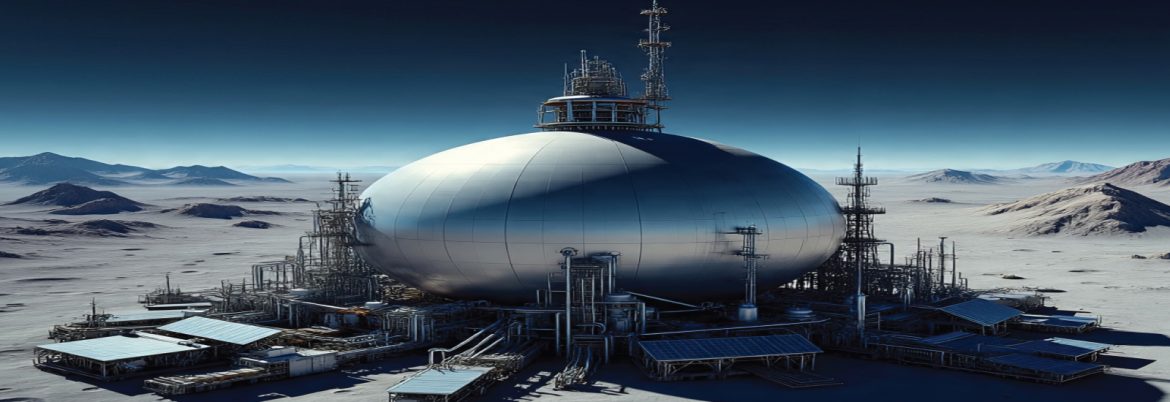TRUMP Administration has asked to place a nuclear reactor on the moon by 2030.
China and Russia are also working on their own bases. Moon race has become the political agenda. But here rises a simple question: do we really need this?
Supporters consider that developing nuclear reactors on moon is logical as nights there last for fourteen days. Solar panels cannot survive that long. But on earth nuclear power has not fully incorporated in energy mix by countries. Instead coal, oil, and gas dominate. These fossil fuels choke the air with greenhouse gases impacting climate change resulting in melting glaciers, raising sea levels and fueling deadly heatwaves and floods.
If nuclear technology can power colonies on the moon why not to use this on earth firstly to fight against climate change and energy crises? The real crisis is not 384,000 kilometers away it is in our cities drowning in smog and floods. Big powers are in a race to reach the moon first to create their monopoly and hegemony on the moon. They are trying to politicize the space and hence starting unnecessary race there.
This is play of realism to pursue their national interests and dominance. These developed countries must cooperate with developing countries by providing nuclear energy under safety and regulations to fight climate change and energy crises.
And even if politics were not involved, the technical hurdles are quite logical. On Earth, reactors are cooled by flowing water and air. The moon has neither. Ice at the poles exists but is frozen deep in dust, requiring extraction at temperatures hundreds of degrees below zero. Cooling would, therefore, depend on massive radiators. Yet lunar temperatures swing from 250°F in the day to -400°F at night. Keeping a reactor stable in such extremes is no simple feat. Then comes the launch. Transporting nuclear material safely into space is perhaps the greatest risk. Rockets do fail and if one carrying fissile fuel were to explode, radioactive debris could spread across the planet. History already offers warnings: in 1978, the Soviet Kosmos-954 satellite crashed over Canada, scattering nuclear waste across thousands of miles.
Financial restraint is also an issue. Billions are being spent on moon projects, while millions of people on Earth still live without electricity. Climate funds shrink every year. If nuclear energy is truly the solution, should it not first light up homes, hospitals and industries on Earth before fueling distant colonies? So the question returns: is this really important? If states export their rivalries to the moon, it will not be a land of peace but another battlefield of influence.
—The writer is an Associate Research Officer at the Centre for International Strategic Studies, Azad Jammu & Kashmir.
(hirakhan5090@gmail.com)



